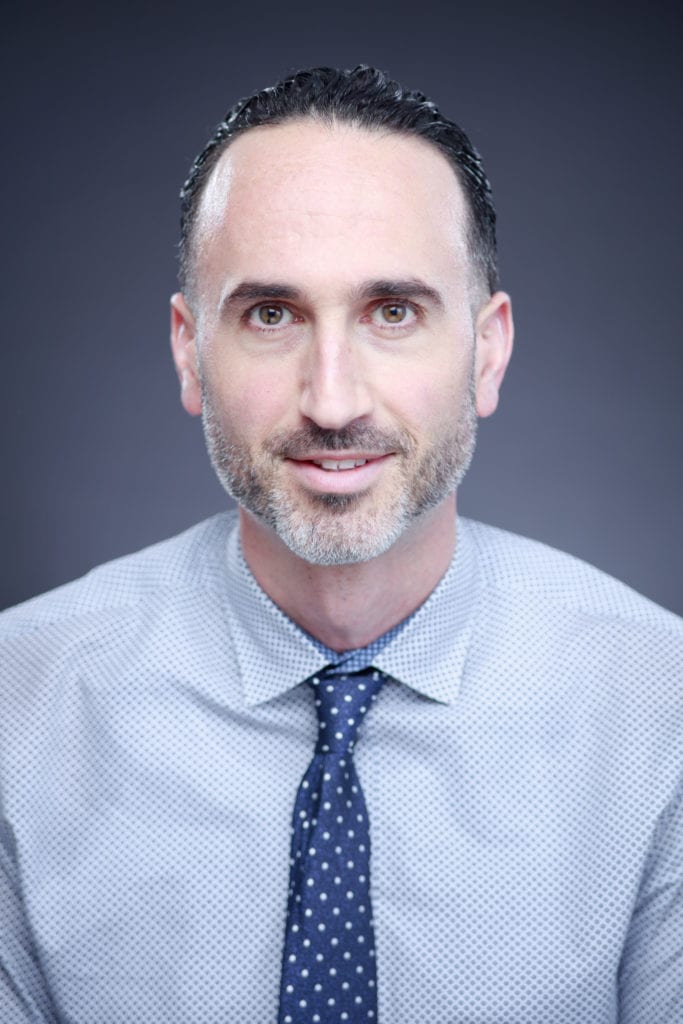Volunteer Spotlight: Daniel Turner-Lloveras, MD
Serendipity led the California physician and member of Compassion & Choices’ Latino Leadership Council to an unplanned focus in palliative care.
Jul 23, 2020 Latino Leadership Council
 As a primary care physician in Los Angeles, Dr. Daniel Turner-Lloveras has been dedicated to providing care to vulnerable populations within the Watts and Skid Row areas of the city since early in his career. Then two years ago, while practicing at Harbor-UCLA Medical Center, he stepped up to fill a different but no less crucial need. “At our hospital, the greatest shortage was in palliative care,” he says, “So, I was asked if I was interested in undergoing palliative care training. I volunteered, and I learned so much — things that everyone should learn. Applying this new skill set and just seeing the effects of palliative care used in the right setting at the right time had a huge impact.”
As a primary care physician in Los Angeles, Dr. Daniel Turner-Lloveras has been dedicated to providing care to vulnerable populations within the Watts and Skid Row areas of the city since early in his career. Then two years ago, while practicing at Harbor-UCLA Medical Center, he stepped up to fill a different but no less crucial need. “At our hospital, the greatest shortage was in palliative care,” he says, “So, I was asked if I was interested in undergoing palliative care training. I volunteered, and I learned so much — things that everyone should learn. Applying this new skill set and just seeing the effects of palliative care used in the right setting at the right time had a huge impact.”
People’s reactions when Dr. Turner-Lloveras tells them he specializes in palliative care now highlight widespread misconceptions, such as that it’s just about death. “Of course, death is definitely something that we talk about, but it’s not the sole focus,” he explains. “It’s more about an approach to how we can stop the progression of suffering. What is a doctor, really? Many people would say doctors are mitigators of suffering so that a patient can go back to their normal way of life and focus on what’s important. I would say that people should know palliative care is about focusing on life and how to improve the quality of life.”
Dr. Turner-Lloveras, who is an assistant professor at UCLA’s David Geffen School of Medicine and active member of our Latino Leadership Council, which focuses on raising awareness of end-of-life issues among Latino populations, has great appreciation for his accidental specialty. “What I find most fulfilling is the ability to connect with patients very intimately and in a very intense way that wouldn’t necessarily happen in other clinical scenarios,” he says, “And helping patients come to terms and find peace with something that previously had been a source of pain — helping them turn the pain into an avenue to rediscovering things in life to be happy about.”


